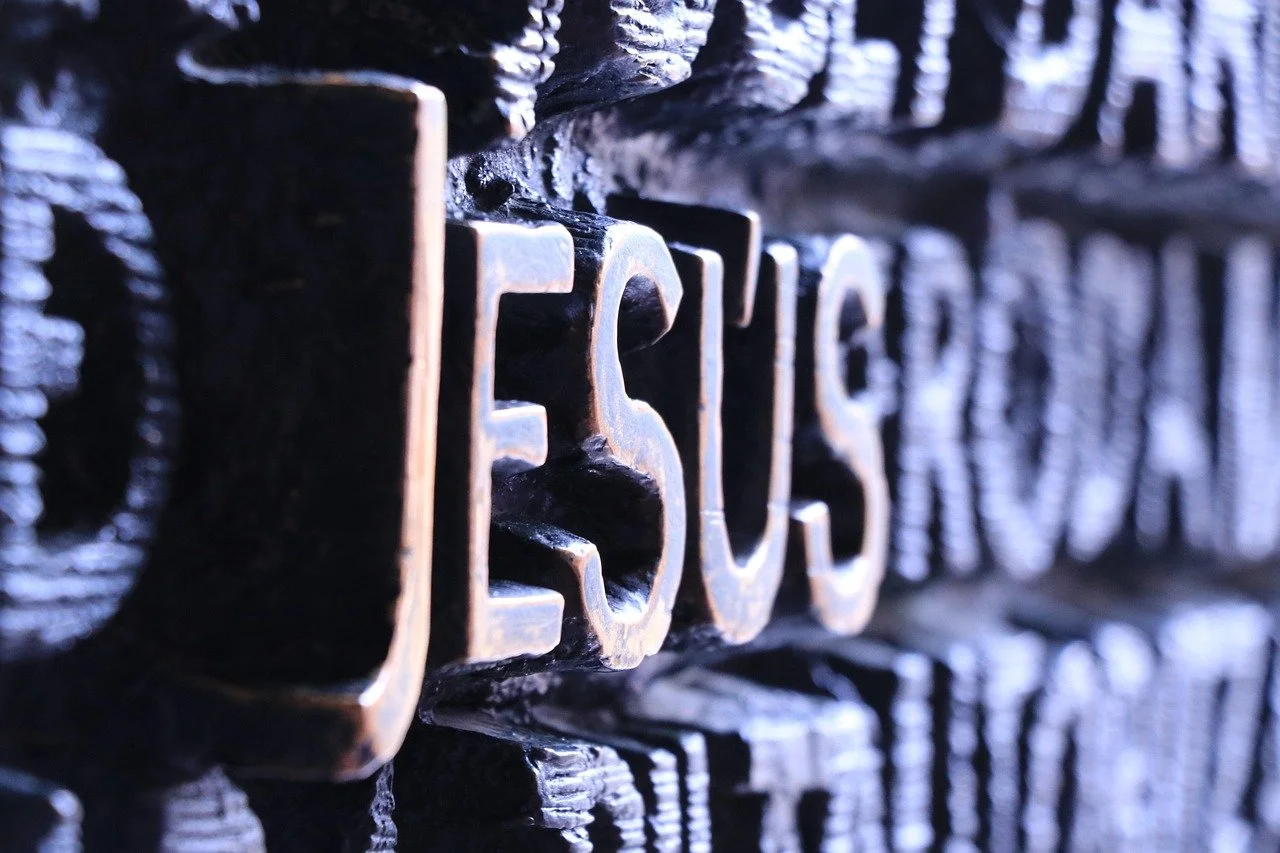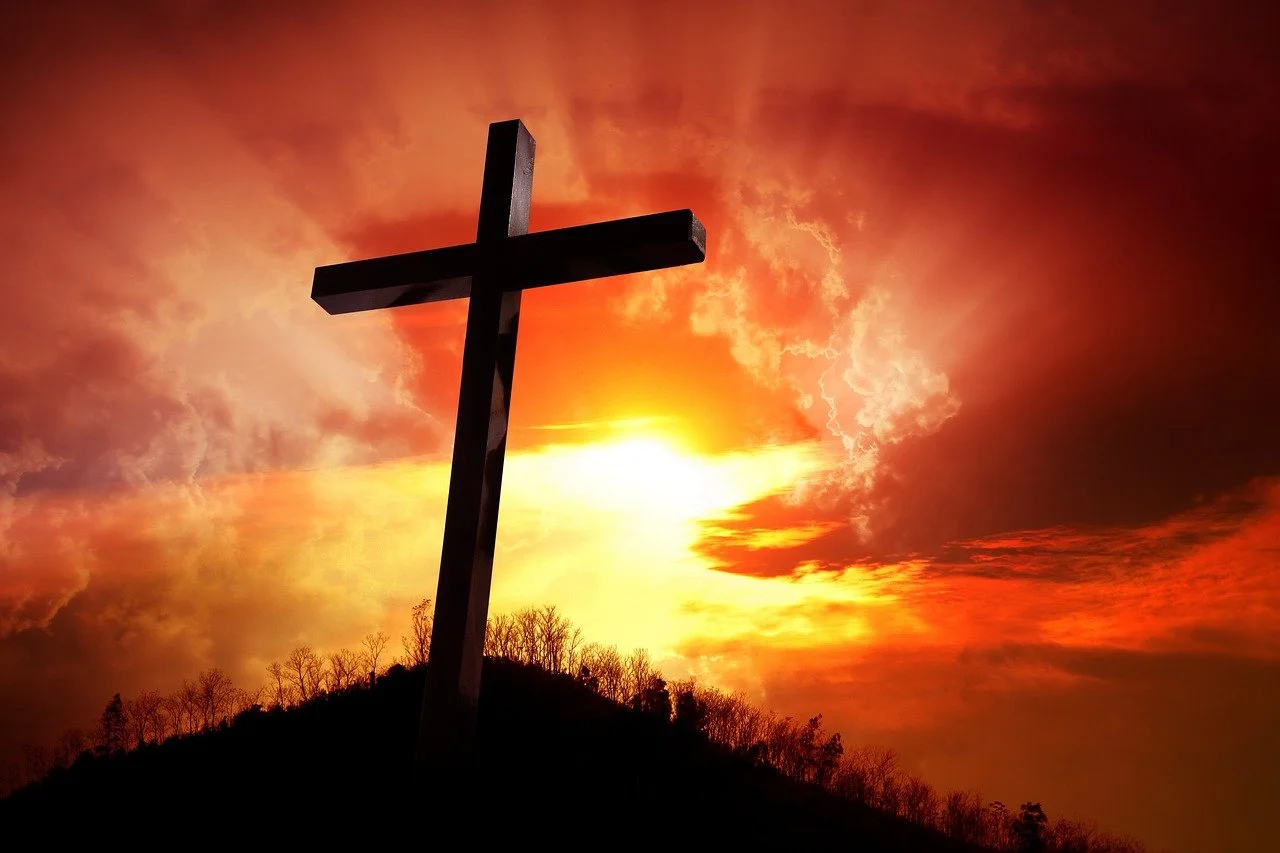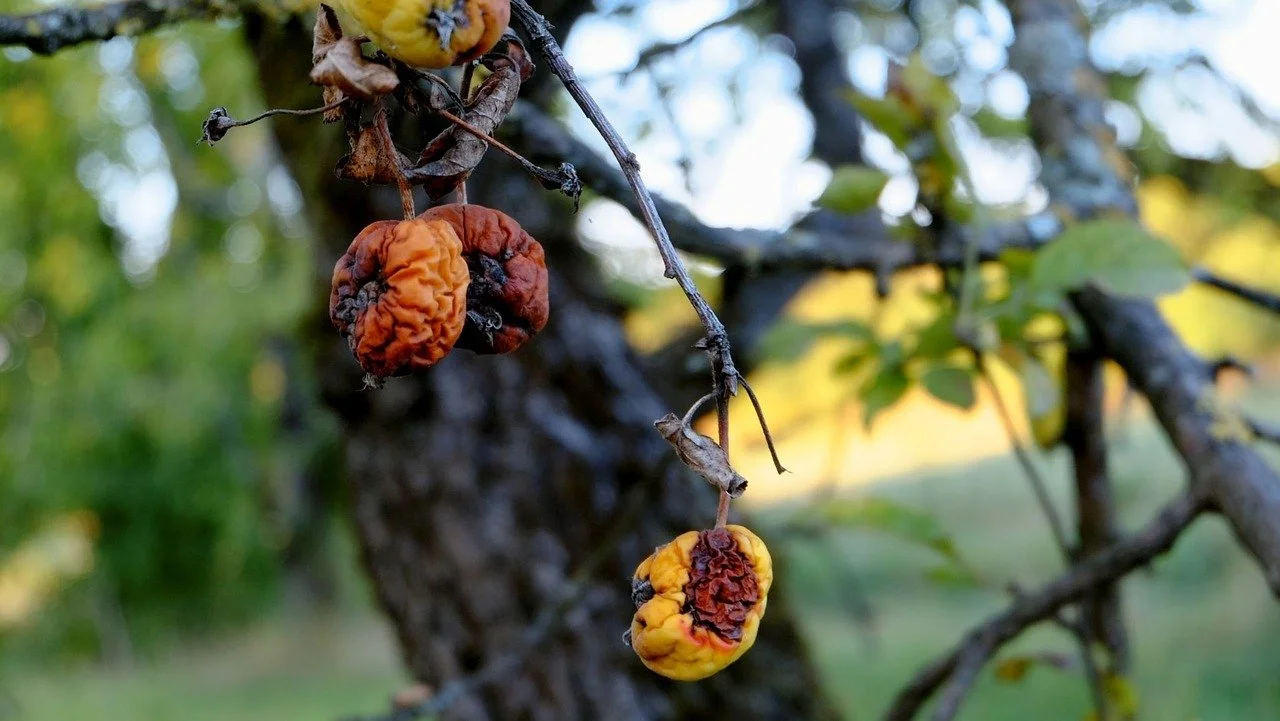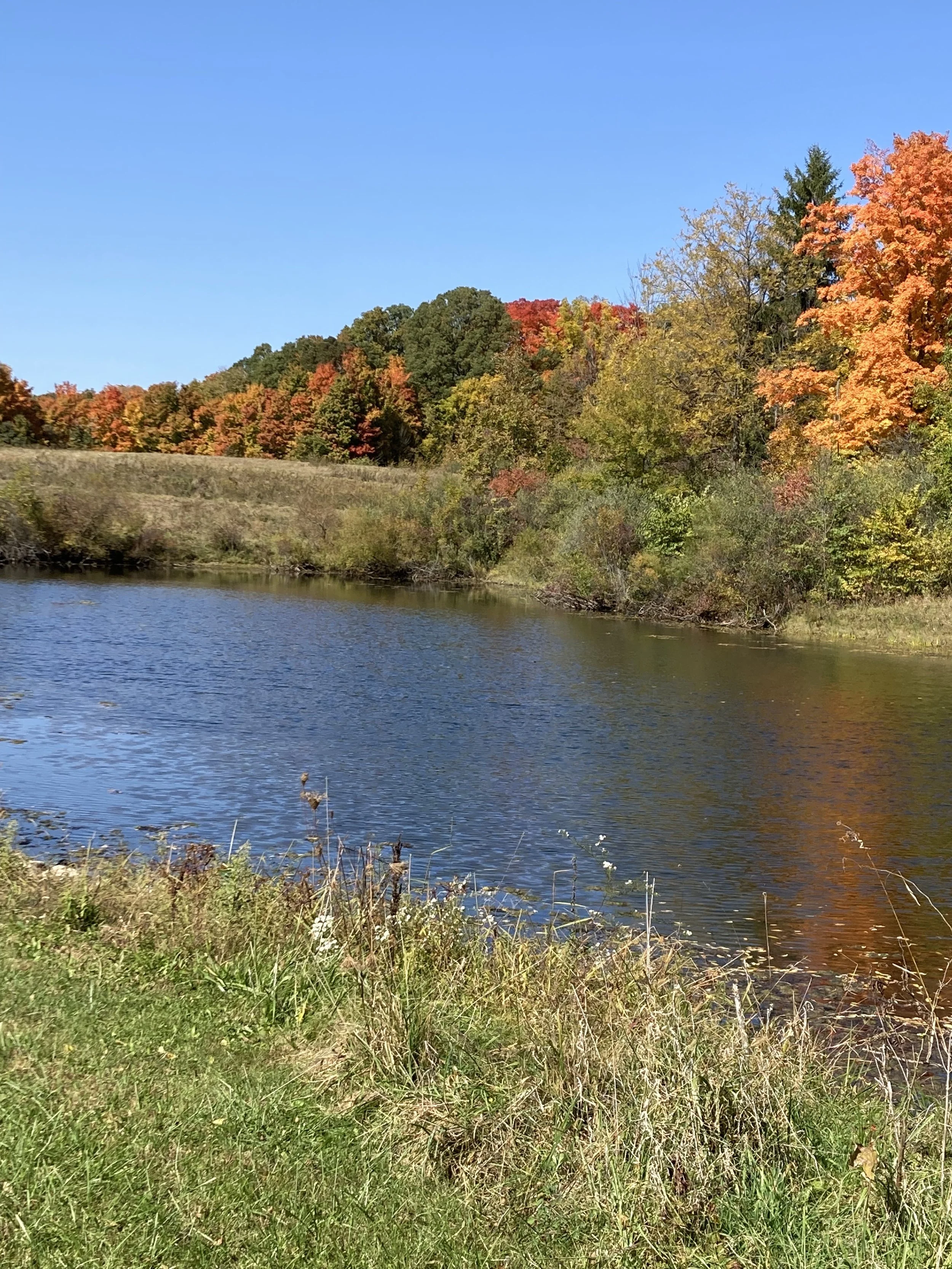Peace In the Chaos - Part 1 - Jesus, Our True Peace
I have thought lately, if I could manufacture peace in some sort of solid form, and sell it, I would be a billionaire. Peace seems as elusive as a night time mist that disappears in the morning sunlight. We are in the midst of a chaotic time in a chaotic world, and there are moments when peace seems to have withdrawn never to be found again.
Jesus knew there would be difficulty in life. The following verse comes at the end of a speech Jesus gives to His disciples where He shares words of warning, words of promise, words of prophecy and words on prayer. Read John 16 for the full context.
“33 These things I have spoken to you, so that in Me you may have peace. In the world you have tribulation, but take courage; I have overcome the world.””
There are six things we can take away from this one verse that might help us in our search for peace.
1 - Jesus spoke these words for a purpose. These would be the words that came before. Jesus didn’t want His followers to be blindsided. He wanted them to know what to expect. If we read the whole of the Scriptures, we can see that it was written so that we have this benefit as well. We are given God’s words so that we know what to expect when we sin, when we repent, when we are thankful, when we are sad, when we are disobedient or when we are lost. God’s Words are the Good News of Jesus Christ and the judgment to those who prefer to walk in darkness. The Bible isn’t some laced together ramblings of approximately 40 men over a period of 1500 years just to deceive mankind into following a cult. The Bible has a purpose, and that purpose is our reconciliation to God through Jesus’ death and resurrection brought about by His deep and amazing love for us, His Creation.
“16 All Scripture is inspired by God and profitable for teaching, for reproof, for correction, for training in righteousness;
17 so that the man of God may be adequate, equipped for every good work.”
Image by Annette Meyer from Pixabay
2 - Jesus wants us to have peace. If you are like me you may have struggled with the idea that God is truly loving. I used to think He was just waiting around for me to do something bad, and then BANG, He’d drop the hammer on me. Thankfully, as I have grown and matured as a Christ follower, I have come to realize this is absolutely not true. God’s love for us is so perfect that He cannot have bad, or ulterior motives, such as seeing us suffer just for suffering’s sake.
“1 See how great a love the Father has bestowed on us, that we would be called children of God; and such we are. For this reason the world does not know us, because it did not know Him. ”
We are called His children. If you are a parent, especially one that really loves your kids, then you know why this is so mind blowing. The God of the universe loved us enough that He gives us the opportunity to become His children. Wow! Here’s a few more verses to drive this point home.
“15 For you have not received a spirit of slavery leading to fear again, but you have received a spirit of adoption as sons by which we cry out, “Abba! Father!”
16 The Spirit Himself testifies with our spirit that we are children of God,
17 and if children, heirs also, heirs of God and fellow heirs with Christ, if indeed we suffer with Him so that we may also be glorified with Him.”
Jesus and His Father want us to have peace, as any loving parent would want for their children. As a parent I can testify how heart wrenching it is when your children do not have peace. This brings me to the next point Jesus makes connected directly to this idea of peace.
3 - Our peace is directly connected to Christ. Read carefully what Jesus says about peace, “These things I have spoken to you, so that in Me you may have peace.” The Christ follower’s peace goes hand in hand with Jesus. We will never have true, abiding peace without Him. Look what Isaiah prophesied:
“6 For a child will be born to us, a son will be given to us;
And the government will rest on His shoulders;
And His name will be called Wonderful Counselor, Mighty God,
Eternal Father, Prince of Peace.”
Jesus is called the Prince of Peace. He owns it. He is peace personified, and if we know Him, we too can have that peace.
I want to point out a little detail. Jesus says, “…so that in Me you MAY have peace.” We can know Jesus and still not have His peace. I will explore this idea in a future post, but for now rest in the fact that He is our peace, and without Him chaos will easily reign.
Image by Selver Učanbarlić from Pixabay
4 - We will have trouble in this world. Why are we shocked by the things happening in our country? We live in a fallen, darkened world. Trouble comes in all forms with a capital T. Whether we are dealing with our own difficulties: illness, financial burdens, relationship issues; or we are anxious due to the choices of others, our lives are constantly exposed to trouble. Our exposure is even more pronounced because we have phones, pads, and other tech to keep us up on what is happening all over the world almost at the exact moment it is happening.
A friend recently sent me a short video of a trauma therapist talking about how we are not meant to see some of the things we are seeing on the internet in this day and age. For example the killings of both Renee Good and Alex Pretti, whatever your point of view is on those, are not events we should be watching at all, let alone over and over from multiple angles. It desensitizes us and also raises our anxiety level. It makes me think, let’s not add trouble to the troubles we already have. Not that we shouldn’t be informed, but reading an article is a lot different than viewing images and video.
Remember who is on the prowl. That same one will use these troubles to create what? Peace? No! Chaos.
“Be of sober spirit, be on the alert. Your adversary, the devil, prowls around like a roaring lion, seeking someone to devour.”
Image from Pixabay
5 - We can take courage. It is very easy to let anxiety and fear run rampant in our minds and hearts when we see these discouraging events taking place; even more so, if we are already burdened with other difficulties. I know what is is like to be spread thin, as I am sure so many of you do too. With my health being a constant struggle and a constant mystery I already have days where I get easily discouraged. Add to that the loss of my mom on Christmas morning and then getting the flu right after we got through the funeral and the travel involved and you can bet I was feeling less than courageous.
I don’t have all the answers for difficult times except this one thing: lean in. Lean in to the grief, the sadness, the anger, the discouragement, and most importantly lean in to Christ and the truth of the Word.
“9 Have I not commanded you? Be strong and courageous! Do not tremble or be dismayed, for the Lord your God is with you wherever you go.”
God made clear to Joshua that he did not need to be afraid, and that he could be strong and courageous. He didn’t need to be anxious or confused. Why? Because God was with him, and that same God is with us.
6 - Jesus has overcome the world. Nothing gives my heart more peace than those last words Jesus told his disciples. “I have overcome the world.” He didn’t say, “I might”, or “maybe some day I will”, but “I have.” Jesus has already overcome the anger, the conflict, the disunity, the fear, the selfishness, the pride, the lust for more power, and the darkness. The gospel of John confirms this idea.
“1 In the beginning was the Word, and the Word was with God, and the Word was God.
2 He was in the beginning with God.
3 All things were made through him, and without him was not any thing made that was made.
4 In him was life, and the life was the light of men.
5 The light shines in the darkness, and the darkness has not overcome it.”
There is no difficulty, or person, or event that can overcome Jesus, the light of the world.































































